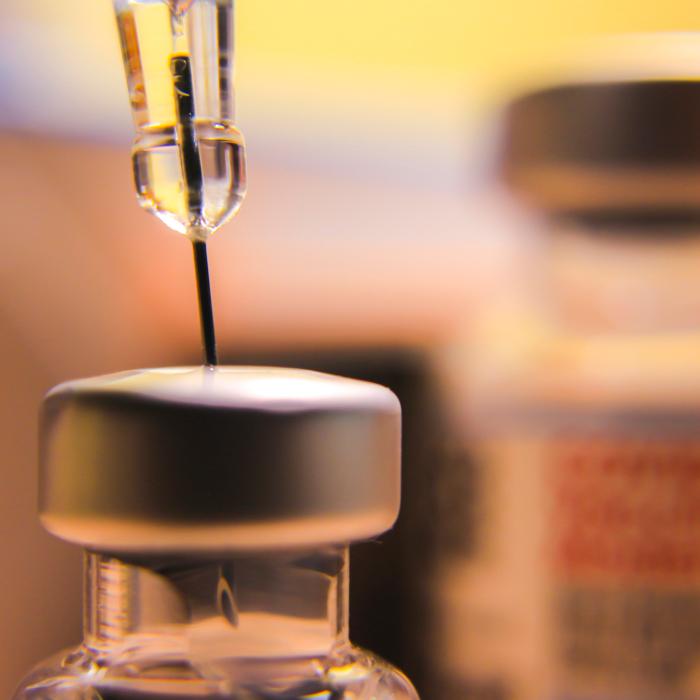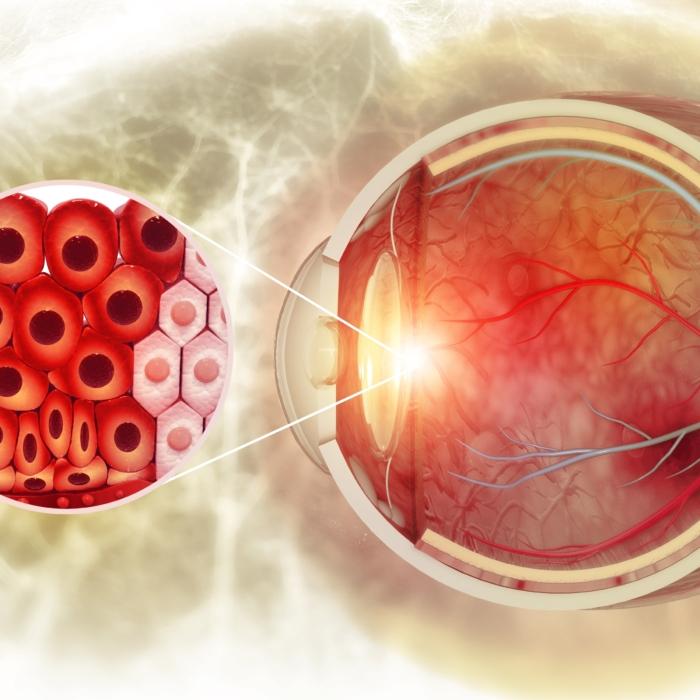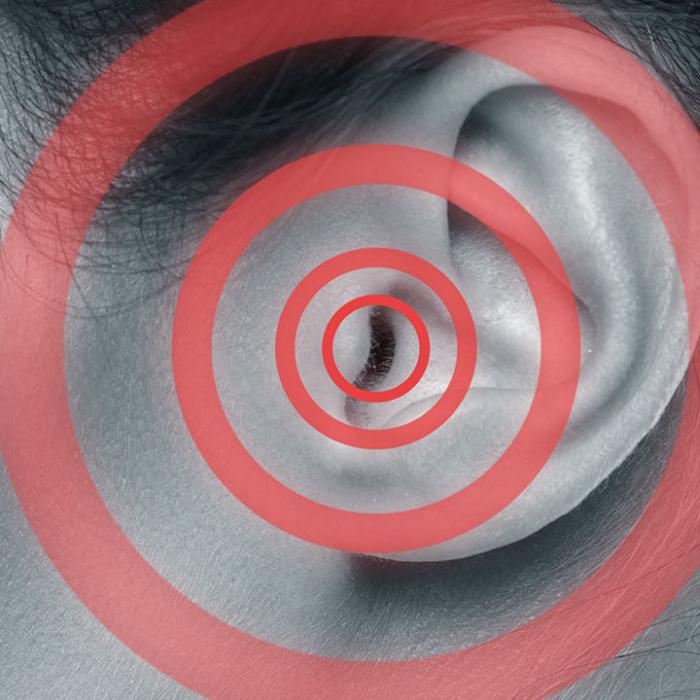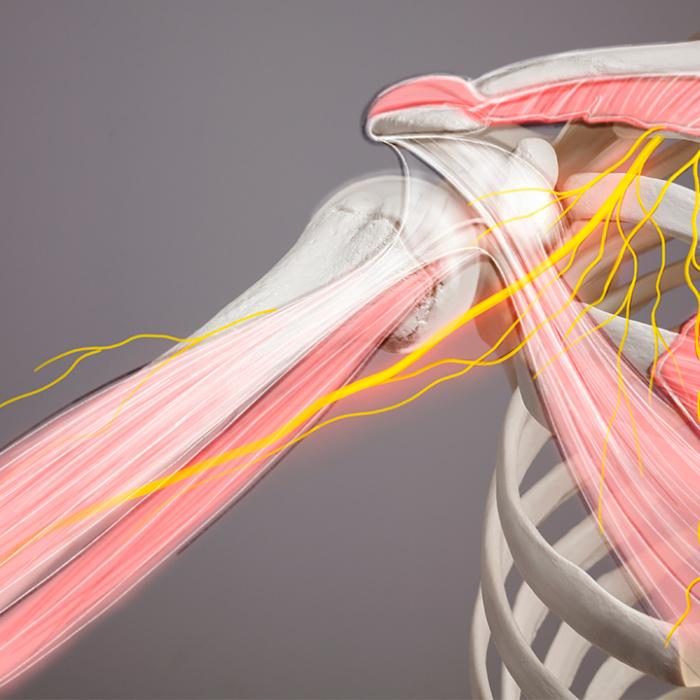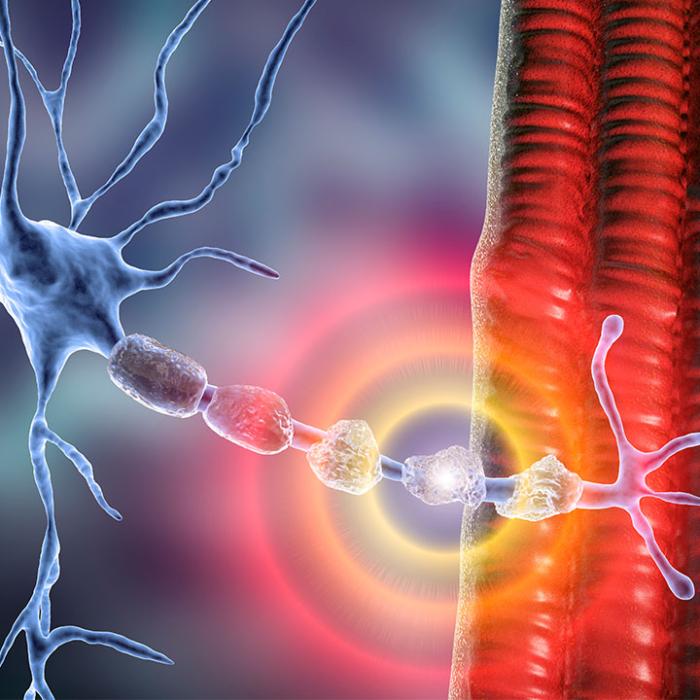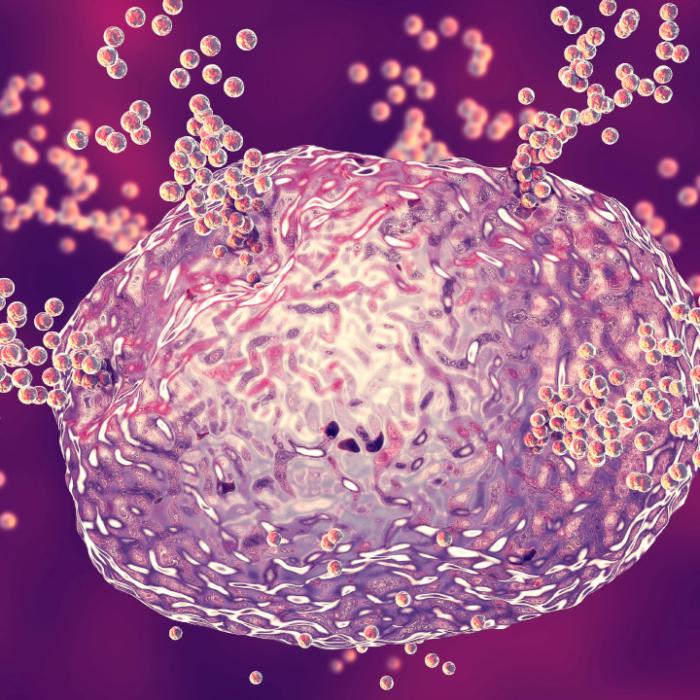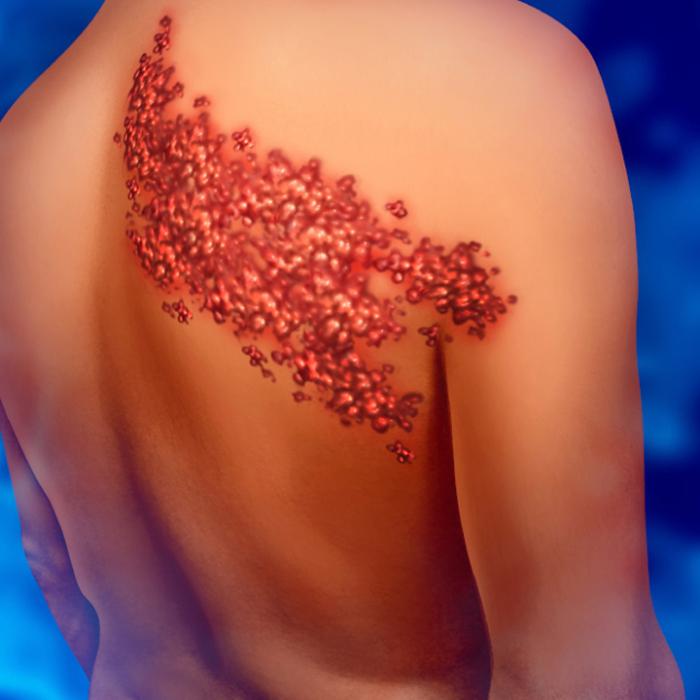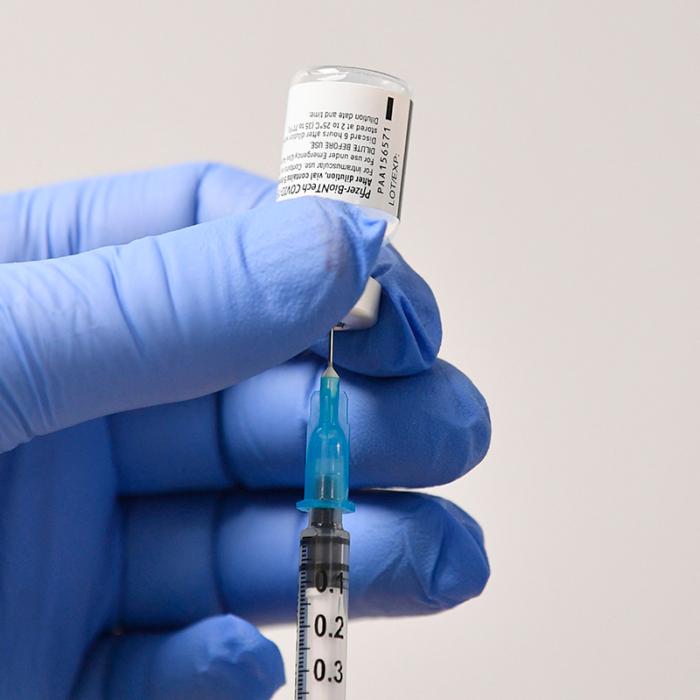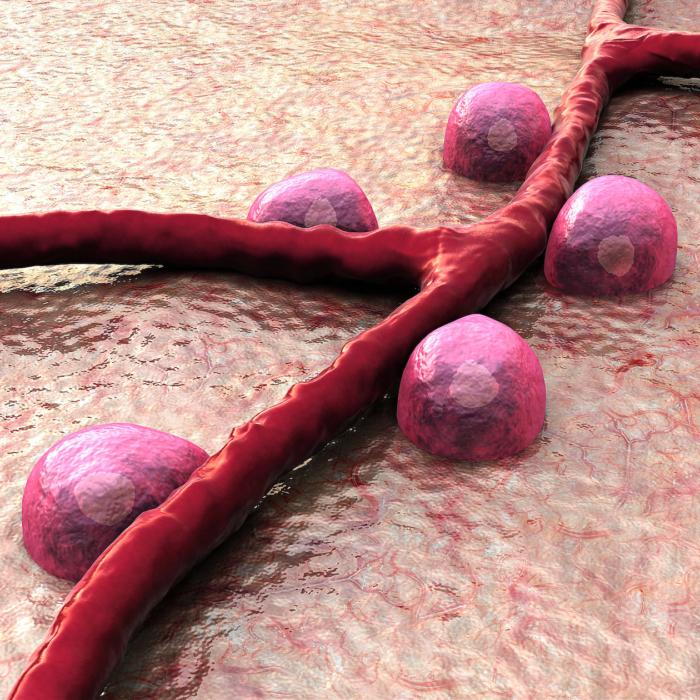“I can’t be stuck with this forever. I’m gonna lose my mind,” Mary thought, distressed.
Despite her thoughts, the dull ringing in her ears persisted like an alarm clock that couldn’t be silenced, mowing down her concentration.
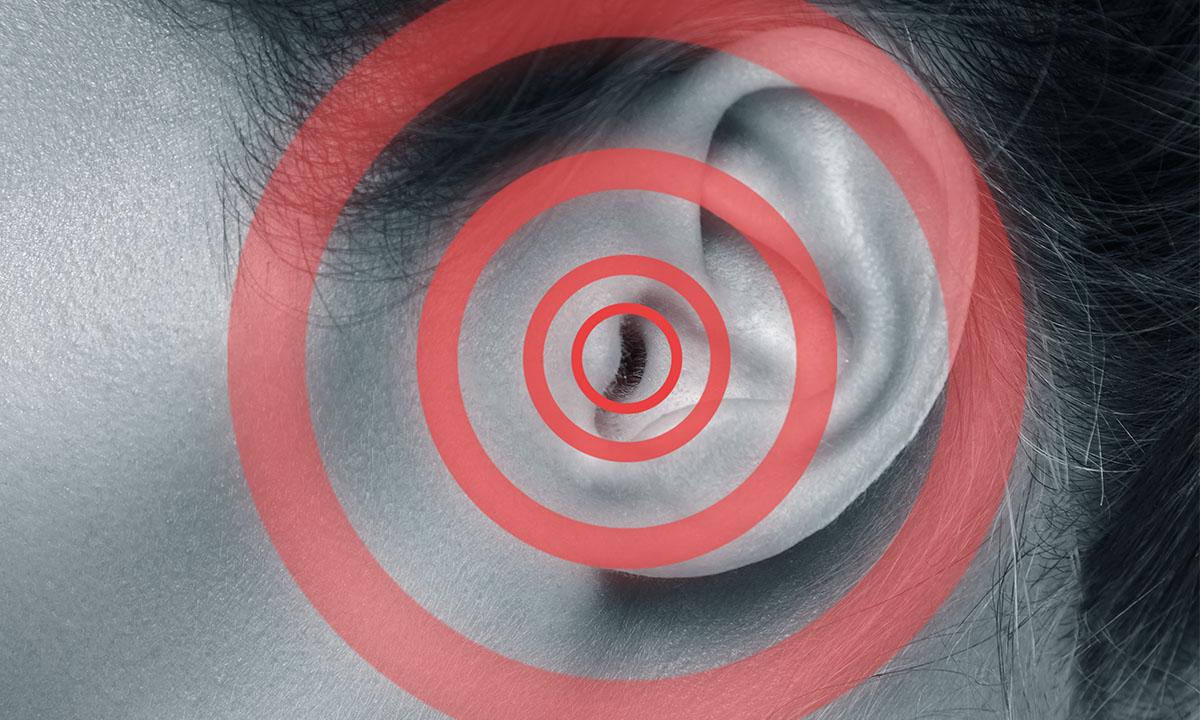

We evaluate some of the lesser-known yet common adverse events occurring after COVID vaccination, and more importantly, doctors offer advice on how to address them.
“I can’t be stuck with this forever. I’m gonna lose my mind,” Mary thought, distressed.
Despite her thoughts, the dull ringing in her ears persisted like an alarm clock that couldn’t be silenced, mowing down her concentration.
